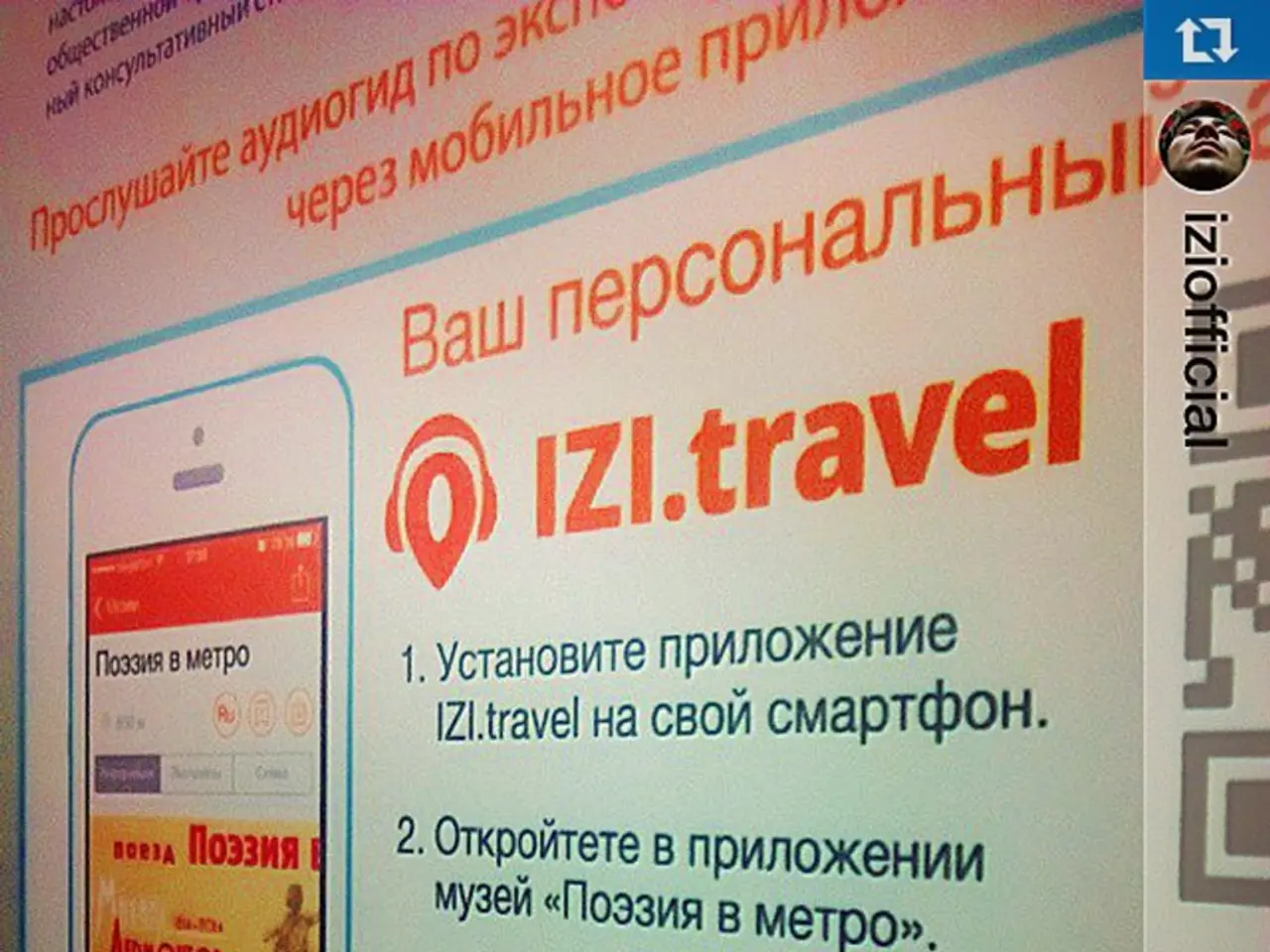Facebook ads' significance for brands might be overestimated, according to Forrester's data
In the summer of 2020, a significant number of companies joined a boycott on Facebook's advertising platform, expressing frustration with the social media giant's handling of misinformation and hate speech. The boycott, which gained steam and included brands such as Adidas, Best Buy, and Clorox, may have had a limited impact on both Facebook and the participating companies.
According to a study by Forrester, of the 43 publicly traded companies that participated in the boycott, only 7 saw a revenue decrease in Q3 compared to Q2. In contrast, the other 36 companies in the same cohort reported an increase in revenue quarter to quarter. This suggests that the boycott's impact on the participating companies' revenue may not have been as severe as anticipated.
Facebook CFO Dave Wehner stated in a transcript from last summer that the boycott's impact on the company, which makes almost all of its revenue from advertising, may have been limited. The boycott's impact on Facebook's ad revenue grew by 10% in July, but this increase was lower than the 25% growth seen in the same period the previous year.
Forrester's analyst, Kodali, suggests that the incremental lift from Facebook ads is very limited. He stated that companies spending more on Facebook did not see a corresponding growth in revenue. Kodali questions the value that Facebook ads are really adding to companies. He further states that advertising on Facebook, along with Google, has the "veneer of being cost effective" for e-commerce players, but it is unclear what is truly incremental versus what would have happened anyway.
The widespread impact of the pandemic in 2020 made teasing out the precise effect of the boycott difficult. The boycott participants' year-over-year revenue may have been dragged down due to the pandemic's impact. However, it is worth noting that in 2019, Facebook made just shy of $70 billion from advertising revenue, making it a significant advertising channel for many companies.
Despite the limited impact of the boycott, it could embolden more companies when it comes to Facebook advertising. Kodali suggests that the boycott could be a stepping stone for companies to re-evaluate their advertising strategies on the platform. As more companies question the value of Facebook ads, it remains to be seen how the social media giant will adapt to maintain its dominance in the digital advertising market.
Read also:
- Understanding Hemorrhagic Gastroenteritis: Key Facts
- Stopping Osteoporosis Treatment: Timeline Considerations
- Trump's Policies: Tariffs, AI, Surveillance, and Possible Martial Law
- Expanded Community Health Involvement by CK Birla Hospitals, Jaipur, Maintained Through Consistent Outreach Programs Across Rajasthan







